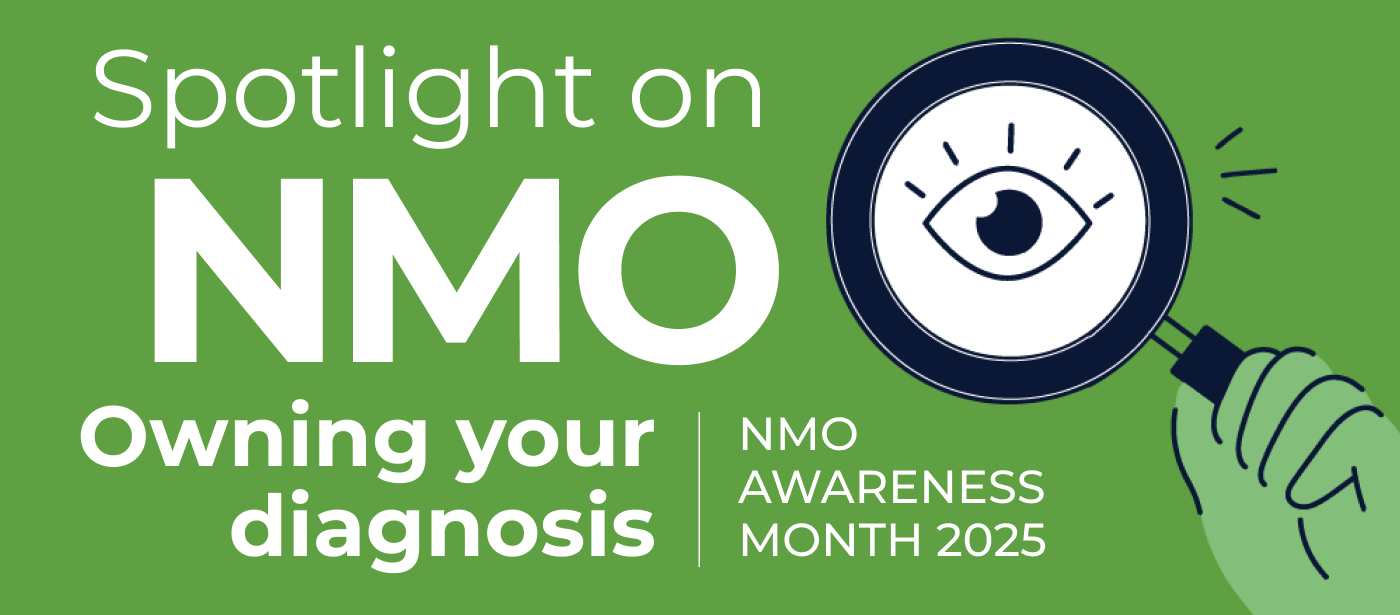Protecting autonomy, independence and finding NMOSD support
Written by |

This is part of a series about neuromyelitis optica for NMO Awareness Month. Go here to read more.
All relationships require care, attention, and communication. But when living with a rare autoimmune disease like neuromyelitis optica spectrum disorder (NMOSD), voicing your needs becomes even more vital for maintaining healthy connections. But how do you tell your loved ones what support looks like for you?
For family and friends, seeing you struggle through tough moments with NMOSD can leave them feeling helpless. Many will offer help: cooking meals, going with you to doctor appointments, or even informing others you need space during major flare-ups.
It’s important to recognize that these actions stem from love, but they can still sometimes feel suffocating — as if you’re losing your independence.
Identify what you need
NMOSD affects each person differently. Some recover fully from attacks, while others face lasting limitations.
Consider working with an occupational therapist to learn tips and tricks to compensate for the loss of certain abilities, such as using a retrieval tool to grab items off the counter.
While it’s probably easier to have someone else do it, most people with NMOSD would probably opt to maintain their autonomy and independence, preferring to do things themselves.
Communicate your boundaries
Because NMOSD’s symptoms can vary from day to day, try to plan your day around your energy levels and make mental notes when you might need assistance.
Once you identify the situations where you will need help, have an honest conversation with those close to you. Let them know when and how they can assist you. Your loved ones will appreciate knowing how they can help, and it will ease their concern.
It’s important to remind them that being disabled doesn’t mean you’re incapable — it just means you have to find different ways to achieve the same goals. Also remind them that you are able to speak up for yourself and, if needed, can ask for their assistance on more challenging NMOSD days.
When you reconnect with loved ones whom you don’t see often, they may feel uncomfortable and unsure of how to help, but are still eager to support you. At the beginning of the visit, openly express how you’re feeling and explain that you’ll tell them when you need assistance. Be patient with them, but don’t apologize for expressing your needs.
Preserving your relationships
It’s natural for loved ones, especially a spouse or partner, to want to protect you. They may overreach by inserting themselves into your decision-making, sharing updates about your condition with others before you’re ready, or insisting you conserve energy for recovery. While their intentions come from a place of love, it can feel overbearing.
At times, their reasons for concern may even be right, but that doesn’t mean you should lose your autonomy. It may be easy for your partner to take on the caregiver role and behave in certain ways that they perceive as helpful. This is because support looks and feels different for everyone, so it’s important to articulate what exactly it means to you.
NMOSD may affect you physically, but its emotional toll extends to those around you. Your partner experiences the condition as an observer — powerless in many ways — so, in a sense, NMOSD happens to them, too.
Your relationship will change, but with open and honest communication, you can navigate this journey together. NMOSD will test your resilience, confidence, and adaptability. But these are qualities that, when embraced, can strengthen your relationships rather than diminish them.
You can’t control how others express their love and concern, but you can set boundaries that protect your autonomy and independence. It’s OK to decline help that doesn’t serve you while still showing gratitude. Reassure your loved ones that these boundaries aren’t a rejection but a necessary step toward reclaiming your sense of self.
NMOSD may now be a part of you, but that doesn’t mean it has to define you or your relationships.
Neuromyelitis News is strictly a news and information website about the disease. It does not provide medical advice, diagnosis, or treatment. This content is not intended to be a substitute for professional medical advice, diagnosis, or treatment. Always seek the advice of your physician or other qualified health provider with any questions you may have regarding a medical condition. Never disregard professional medical advice or delay in seeking it because of something you have read on this website.



